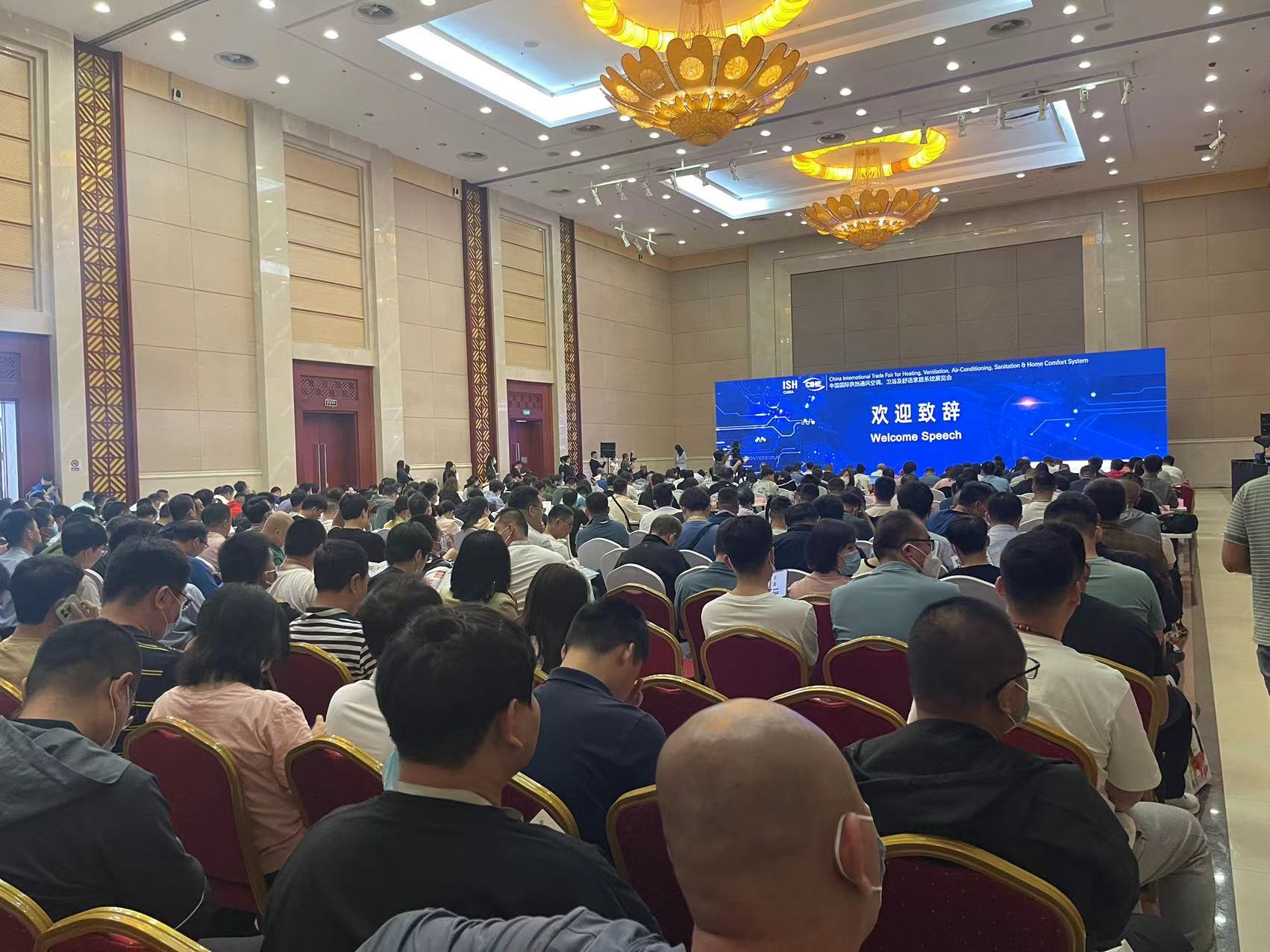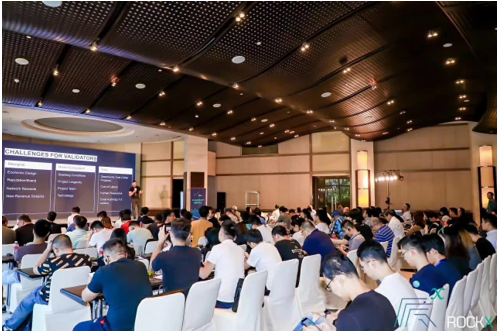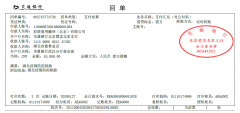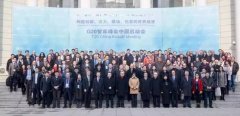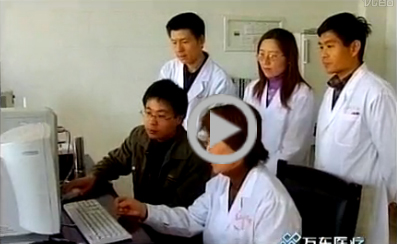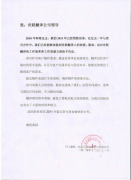- 专业翻译公司
-
你到底会不会“断舍离”?这是新一轮焦虑的源头吗?
Unitrans世联
(21世纪英文报)
原文版面
The Original
二十一世纪英文报·初三版 715期
《Clear home, clear head?》
以下这些状态是不是你的日常:家里总是特别容易乱,收拾的时候却又特别纠结,在“扔”与“不扔”之间反复横跳。
好不容易把不用的东西扔掉,并开始收纳时,又开始考虑用什么容器来收纳。有了收纳柜又缺收纳盒,有了收纳盒又缺收纳袋……
如果以上都中
注意了!你可能已经陷入
“断舍离焦虑”的怪圈当中
“断舍离”的意义:将生活整理出头绪
Marie Kondo from Japan is probably the best-known decluttering consultant (整理收纳师). Since she brought out her book The Life-Changing Magic of Tidying Up (《怦然心动的人生整理魔法》) in 2010, the“tidy house, tidy mind” way of thinking has become popular. People let go of unneeded things and put everything in order.
来自日本的近藤麻理惠可能是最知名的整理收纳师。自2010年出版《怦然心动的人生整理魔法》一书以来,“整洁的家,整洁的头脑”这一理念得到了大家的认可。具体表现为:扔掉不需要的东西,并把一切都整理得井井有条。
But recently, Kondo said that she would be giving up on tidying her house to spend more time on her children. The news has shocked many and made them ask: shouldn’t we always keep our house tidy?
但最近,近藤麻理惠表示,她开始“有点放弃”让家里一直保持整洁的想法,把整理家务的时间放在陪伴孩子上。这一消息让很多人都感到震惊,并纷纷提出质疑:难道我们不应该一直让家里保持整洁吗?
Some believe decluttering can ease our lives. By repackaging (重新包装) and labeling (贴标签) things in order, people can feel more in control of their environment. “By tidying, we’re able to discover our sense of value,” Wang Zehu, a decluttering consultant in Shanghai, told China Daily.
有些人认为整理收纳可以解压。通过重新包装和贴标签,人们可以更好地了解自己家中的环境。上海一位整理顾问表示:“通过收纳,我们能够发掘出自己身上的‘价值感’。”
repackage / ˌriːˈpækɪdʒ / vt.重新包装
例句:A new band of ancient Chinese instruments aims to repackage traditional music with modern flair.
一支由中国古代乐器组成的新乐队旨在用现代风格重新包装传统音乐。
——《二十一世纪学生英文报》
label / ˈleɪb(ə)l / n.标签;v.贴标签
例句:I can't bear people who make judgements and label me.
我受不了那些对我评头论足、乱贴标签的人。
——《柯林斯英汉双解大词典》
However, with our minds filled with cleanliness and order, we may end up paying too much attention to small matters. For example, you may ask yourself: “Did I put my books on the shelf correctly”, or “Where’s the perfect place to put my towels?” This can lead to wasted time.
然而,当大脑始终被“整洁”和“有序”的想法占据时,我们就会过于关注那些细枝末节的小事。比如,你可能会问自己:“我有没有把书正确地放在书架上?”或者“毛巾最好应该挂在哪里?”这样的收纳,通常会导致浪费更多的时间。
与“整洁、干净”有关的表达:
clean /klin/ v.清洁,除去灰尘或污垢;adj.干净的,无污染的
tidy /ˈtaɪdi/ adj.整洁的,有序的;v.收拾,整理
neat /nit/ adj.整齐的,干净的
The desire (愿望) to handle overconsumption (过度消费) by decluttering has led to yet another form of consumption. If a highly tidy person has too many clothes, he or she may buy more stuff (物品) like bins, boxes and labels to sort them out (整理).
因此,通过收纳来解决过度消费的做法往往导致了另一种形式的消费。如果一个非常爱干净的人有很多衣服,ta可能会购买更多的储物箱、盒子和标签来收纳它们。
desire / dɪˈzaɪər / n.愿望;v.渴望,请求
例句:
We all desire health and happiness.
我们都渴望健康和幸福。
——《牛津词典》
stuff / stʌf / n.物品;v.填满
例句:He pointed to a duffle bag. "That's my stuff."
他指着一个旅行袋。“那是我的东西。”
——《柯林斯英汉双解大词典》
与“整理、收纳”有关的表达:
declutter / diːˈklʌtər / v.清除,清理
organize /ˈɔrɡəˌnaɪz/ v.对物品进行整理和分类,使有条理
storage /ˈstɔrɪdʒ/ n.储存物品的地方或方式,如柜子、盒子、架子等
arrange /əˈreɪndʒ/ v.按照一定的顺序或位置排列物品,使整齐
sort /sɔrt/ v.把物品按照类别或特征分开,分类
Decluttering, after all, is supposed to help people find happiness. As Kondo herself told The Washington Post, it is not to cut down on your things or declutter your space, but rather “to learn to make meaningful choices and find gratitude (感激) in everyday life.”
总的来说,整理杂物的目的是帮助人们寻找到幸福感。正如近藤麻理惠说的那样,整理杂物并不是为了减少你的物品或清理你的空间,而是“学会做出有意义的选择,并在日常生活中学会感恩”(比如,近藤会在整理屋子前向这个屋子感恩,以得到收拾屋子的整理许可)。
gratitude / ˈɡrætɪtuːd / n.感激
例句:He smiled at them with gratitude.
他向他们笑了笑表示谢意。
——《牛津词典》
How to Keep Tidy?
The central law of Kondo’s decluttering method is to keep items (物件) that “spark joy (激发快乐)” in an owner and let go of those that do not. Let’s take a look at some of her rules:
近藤麻理惠的整理方法的核心法则是保留能“激发快乐”的物品,并舍弃那些不能让人感到开心的。让我们来看看她的一些收纳规则:
T- shirts should be folded into small rectangular (矩形的) packets.
T恤应该折叠成小小的矩形;
Don’t store anything on the counter near the sink (洗碗槽) or stove.
不要在水槽或炉子附近的柜台上存放任何东西;
Loose (闲散的) change must not be left in piles everywhere at home.
不要将零钱随意堆放在家里的各个角落;
Items like spare buttons (备用纽扣) and user manuals (手册) should be thrown away.
像备用纽扣和用户手册这样的物品应该扔掉。
图源:视觉中国
编辑:魏浩兰 王雪辰




